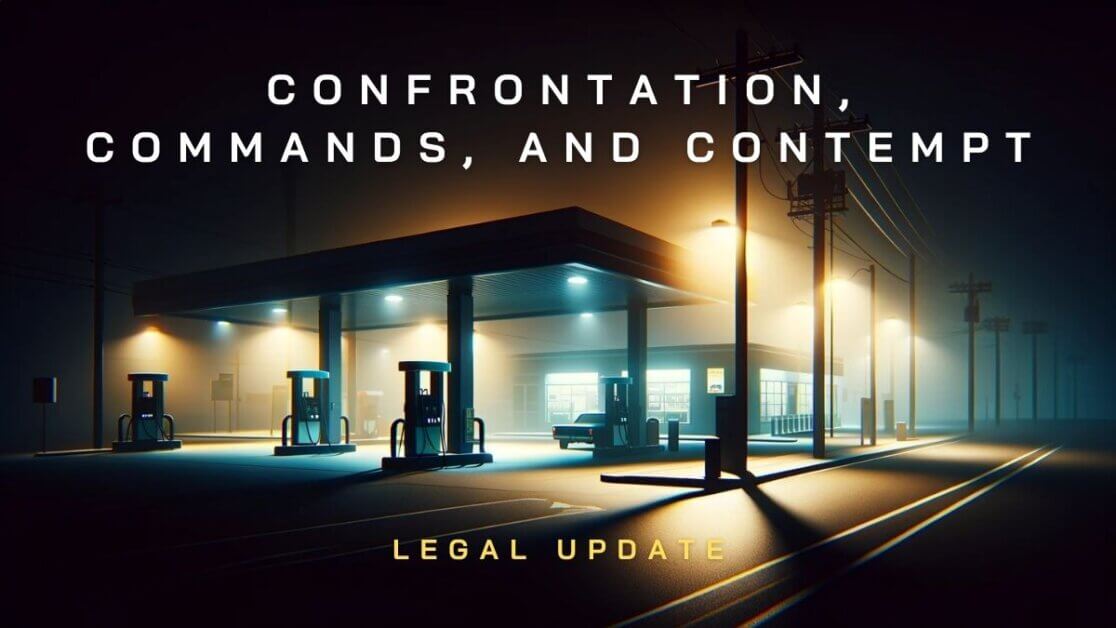Impersonation to Impoundment: Dismantling Qualified Immunity and Warrantless Driveway Seizures
In the landscape of modern law enforcement, a recent ruling from the Sixth Circuit Court has cast a spotlight on the complex interplay between the Fourth and Fourteenth Amendments and the doctrine of Qualified Immunity. The case in question, Habich v. Wayne County, was borne out of a contentious circumstance surrounding the impounding of a vehicle from a private driveway without a warrant. At […]


